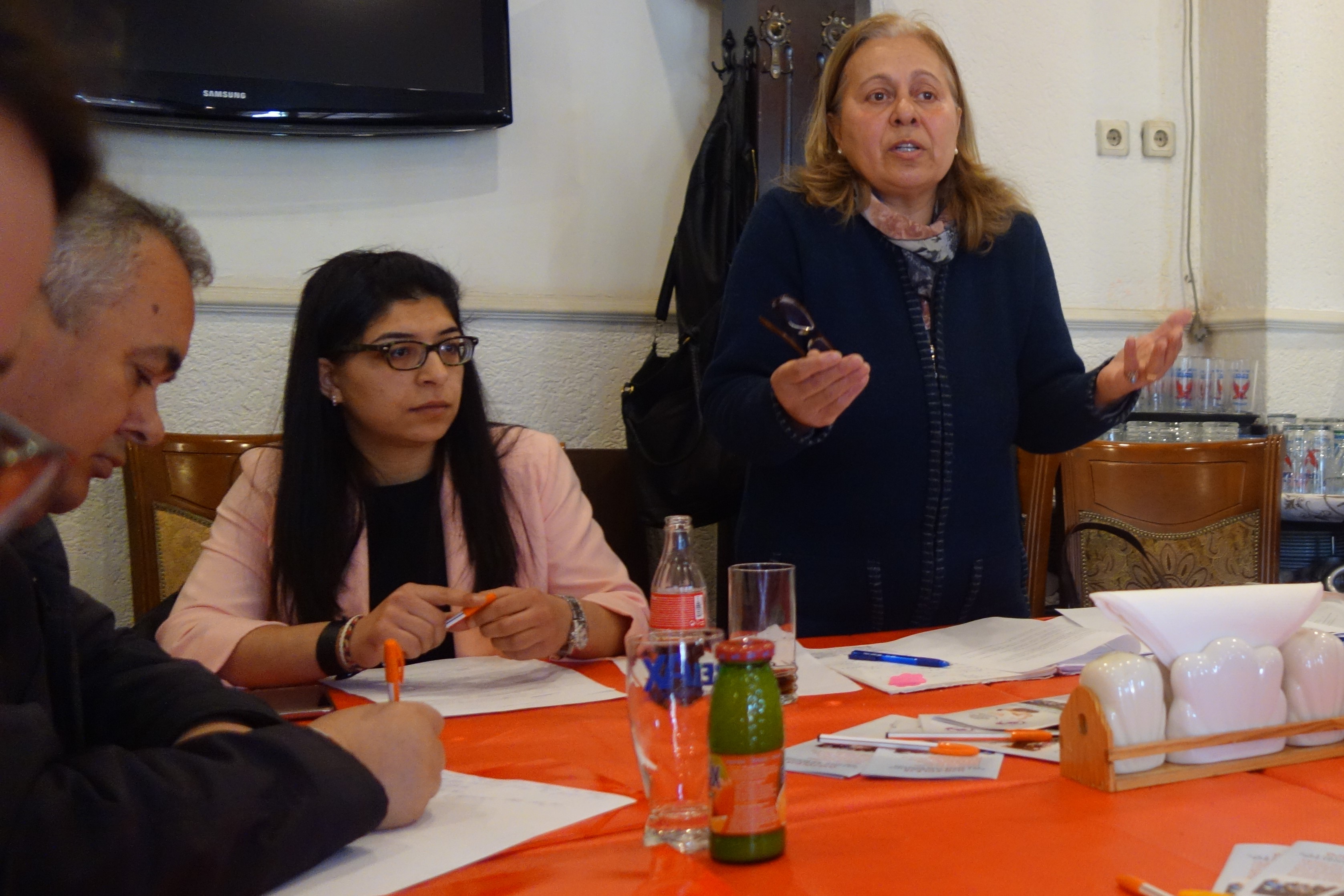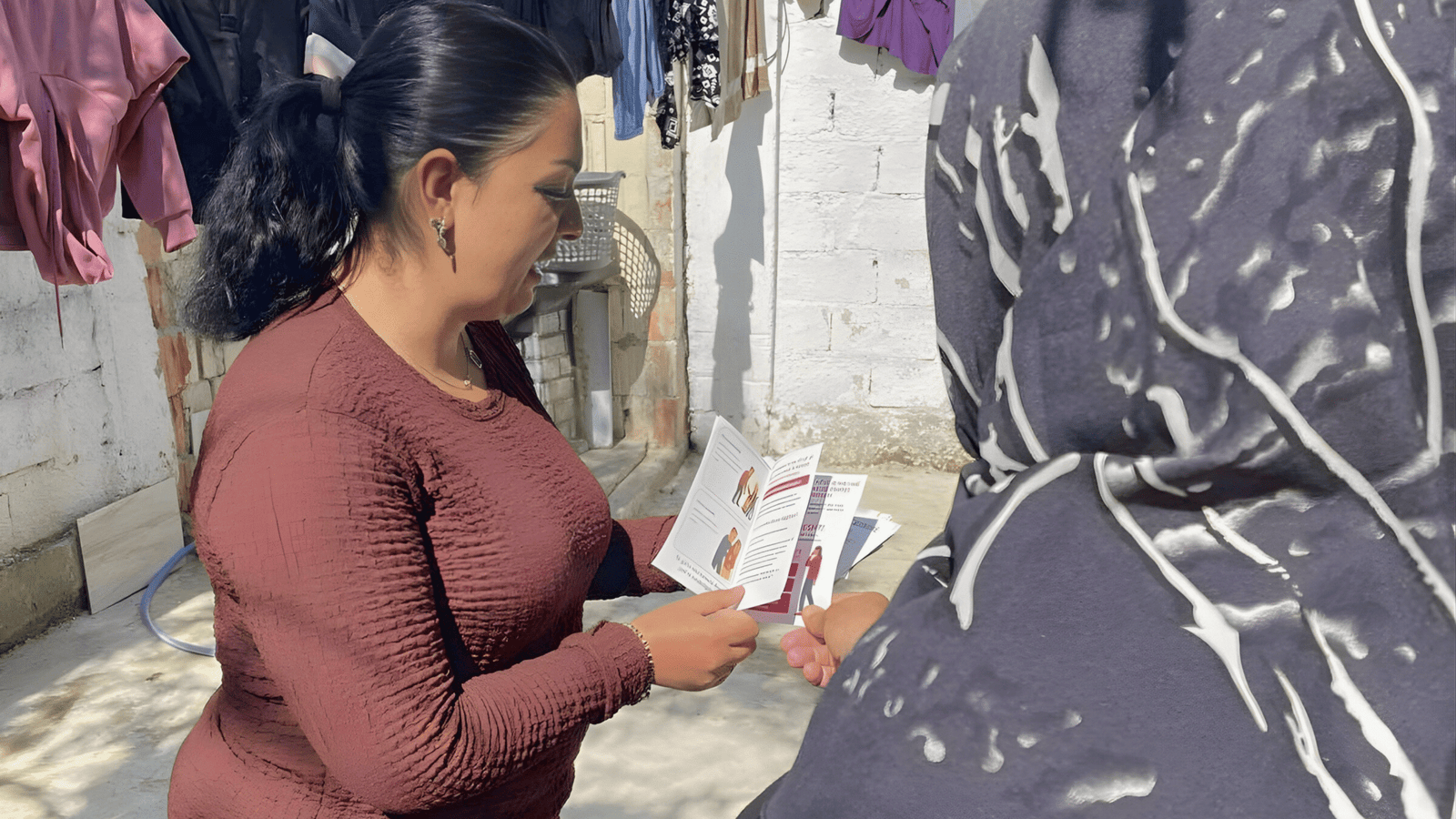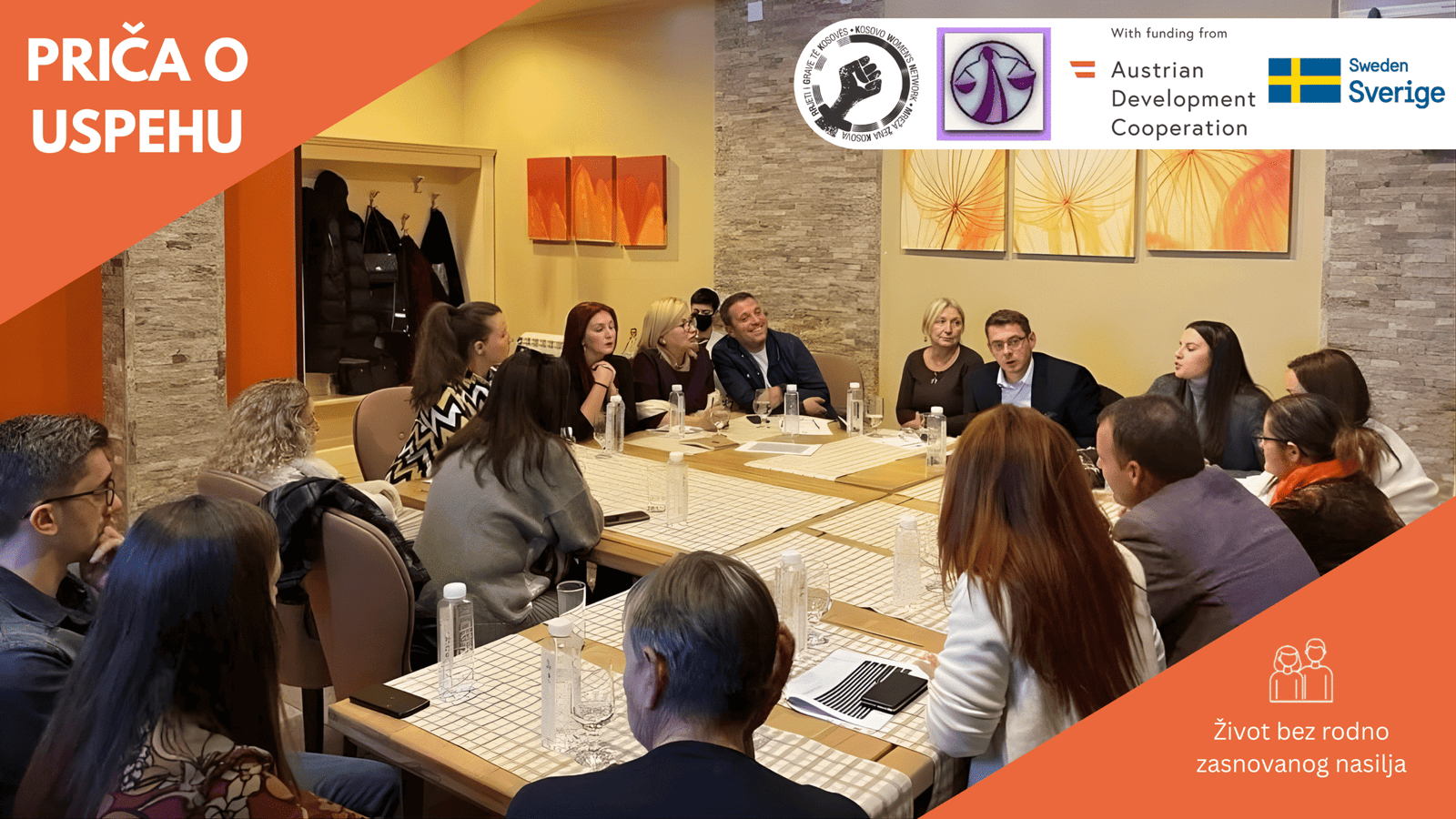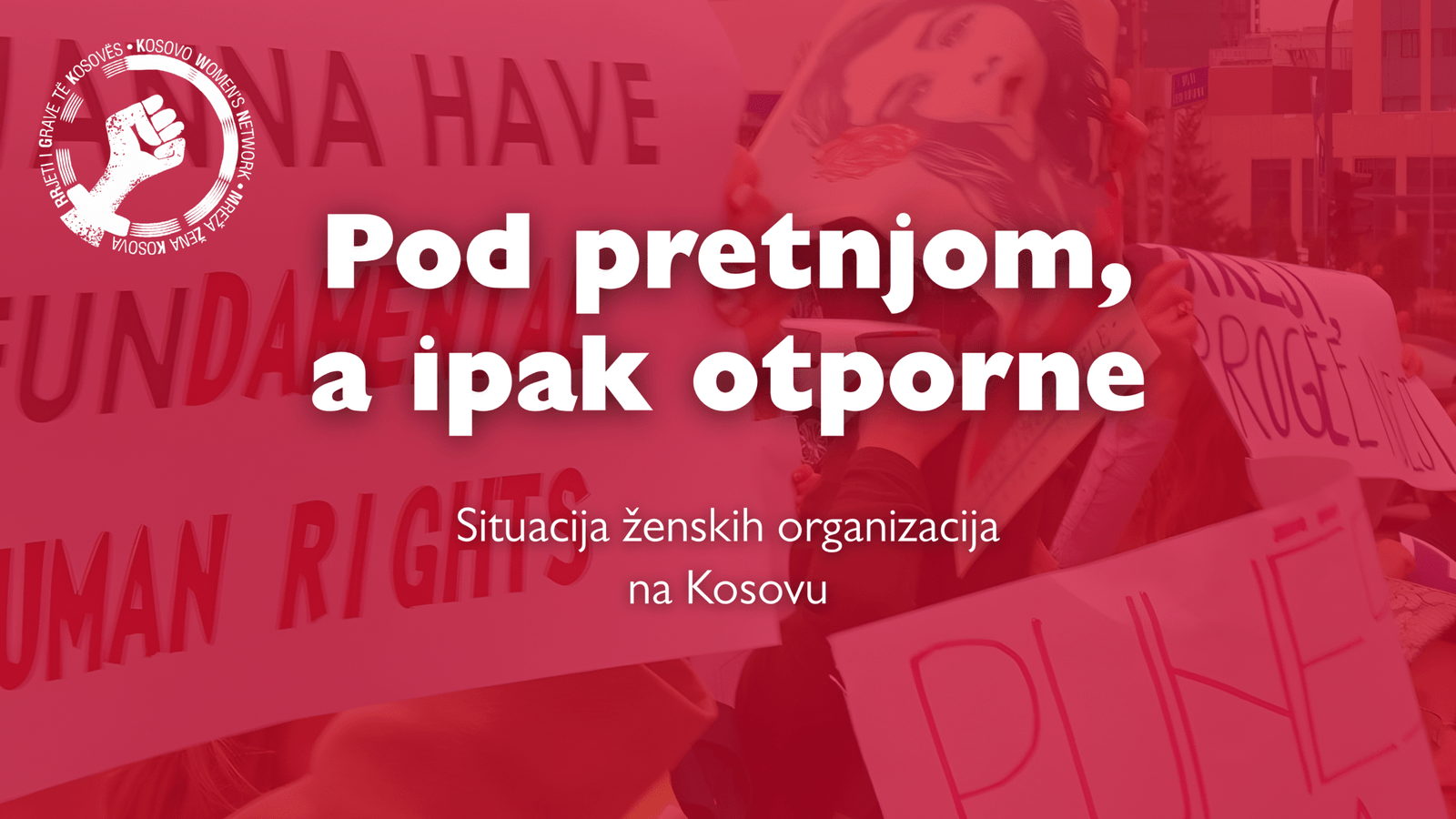On Mar. 15, the organization “Nest” (Foleja) organized the closing round table of the project “Raising the level of health education for the importance of family planning and reproductive health”. This meeting was attended by the Head of the Hospital of Prizren, Head of the Municipal Education Department, project beneficiaries, as well as representatives of Kosovo Women’s Network (KWN).
This project came as an idea and was carried having on mind the difficult situation faced by this community, such as the low level of education, the small number of women and girls of this community that are employed, as well as the quite low level of knowledge on reproductive health and women’s health in general.
Women and girls of this community do not undertake medical check-ups recommended during pregnancy or other routine medical check-ups. During the implementation of the project it was found out that 50% of them have different health problems, which could be overcome if they would perform routine medical check-ups.
“Meetings with women were held door to door, where we raised their awareness on the importance of the medical check-ups, for malign health problems that risk the cervix, as well as other illnesses such as HIVAIDS,” said the head of the NGO Nest. “Also, we managed to send 40 women to do medical check-ups, and showed them contraceptives and the way they can be used.” She further emphasised that “the rate of abortions among the women of this community is quite high, where there have been cases such as a woman aborting 8 children.”
Dr. Avrim Avdaj, Head of the Hospital of Prizren said that “this initiative was a very good one”, emphasizing that “there is a strategy that offers specific support for RAE community.”
He further added that “all citizens of the Municipality of Prizren have equal treatment and that he will support any initiative that aims on improving people lives.”
However, one of the beneficiaries spoke about their difficult living conditions that make it impossible for them to perform the medical check-ups.
“In order to provide food and living we collect aluminium cans on garbage containers and for this we are forced to take children out of schools. We hardly secure food and living, let alone to be able to perform medical check-ups.”
Beneficiaries said they were quite satisfied to have been part of this project and that they learned a lot of things they didn’t know before.
This project was supported by the Kosovo Women’s Fund and financed by the European Union Office in Kosovo.







